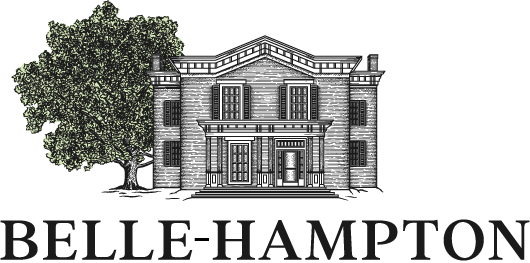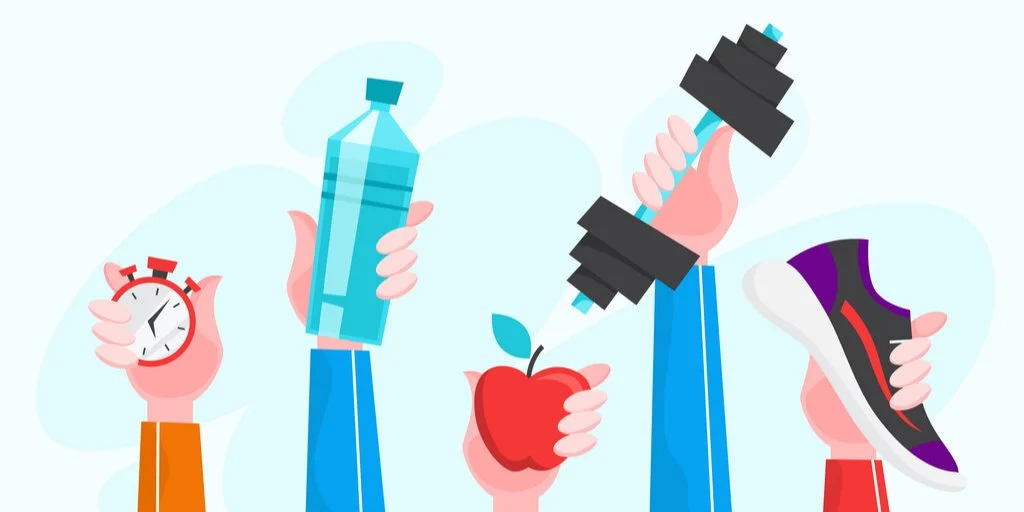Never Let a Good Crisis Go to Waste
During the Pandemic of 2020, I first heard this quote, “Never let a good crisis go to waste” by Winston Churchill. But what exactly does that mean? Immediately referring to a dictionary, it revealed the definition of a crisis, a time when a difficult or important decision must be made. Synonyms included words such as crossroads, turning point, critical point and moment of truth. The statement, the moment of truth, took my breathe away. But the second part, waste, it is defined as an act or instance of using or expending something carelessly, extravagantly, or to no purpose. Antonyms include flourish, thrive and purpose. So my thoughts concluded, how do we use the Pandemic Crisis of 2020 as a moment of truth with a purpose in order to flourish and thrive? Change is never easy, but during a time of crisis, change is crucial if not mandatory. Life as we know it will never be the same after COVID-19. We casually talk about the new normal, but has that really been understood? As the moment of truth is being uncovered, what is really important to us? Health, Sustainability, Family, Legacy?
Health for obvious reasons has been a large driver of importance during the crisis. The “Safer At Home” orders to flatten the curve of increasing cases of the virus is paramount on everyone’s mind. We are trying to physical distance by six feet and wear masks to not infect each other. Washing our hands to the point of brittle dehydration is the norm. The nightmares of enormous “bugs” attacking us is concerning to mental health. People are in fear of losing their jobs and their companies, but most of all they fear their demise. But using the excuse to sit on the couch instead of exercising can only be condoned for so long. If you didn’t exercise before the crisis, what motivation do you have to start now? I would argue that since your daily routine has changed, you now have the opportunity to start a new healthy one. A casual walk in the morning during typical commute time is a start. If rain is detracting your workout, set up a bike on a trainer or TRX suspension equipment. Gyms are even taking their classes online for virtual training. Filling the in the boredom of staying at home with exercise also benefits mental health by improving your mood, becoming resilient to stress and achieving better sleep.
Although exercise is part of an opportunity for change, being sustainable has become a necessity for self preservation. Even though there has been a run on Clorox and the waste of gloves and masks littering the parking lots, for the most part citizens are being responsible by default, no longer needing to commute to work. Gardening has become the rage since grocery stores have limited inventory. The concern of the virus infecting food production shifts our habits to buy local to safeguard what we consume. Choosing good food to help build immune systems turns out to be the best defense against the virus. Interestingly, it took a crisis to convert our thinking from waste to self-sustainability which fortunately benefits us all.
Family, however, has become a big factor in our enlightenment of priorities. Even when we are not under one roof, we support and care about each other’s welfare now more than ever. Parents are homeschooling, entertaining and having meals with their kids. Bottom line, spending more time as a family instead of scrambling to organized activities. Parents are the coaches and cheerleaders instead a non-family member. Although the strain of juggling work and family is causing mental stress, it is reminding ourselves what is important in life.
But thinking about what is important in life during a time when death is all over the news, we turn to what will be our legacy? What will happen after we are gone? How will we be remembered? The quote, “They say you die twice. One time when you stop breathing and a second time, a bit later on, when somebody says your name for the last time.” by Banksy gives me pause. If legacy is important to us, then what are we doing about it now, when we might have some time to think about it? If your will and estate are in order, think about the stories of your life well lived. Are they only oral or do you have them documented for future generations? If you never thought of planning for your family after your death, now might be a good time to reflect on the subject. The book, Plan, Organize, RIP by Carlene Szostak would be a great place to start.
Now the phrase “Never Let a Good Crisis Go to Waste” has not only resonated with me, but a plan has emerged to implement the change. There is no better time than chaos to transform ourselves to to reflect our full potential. Are you seizing the day? If not now, when?

